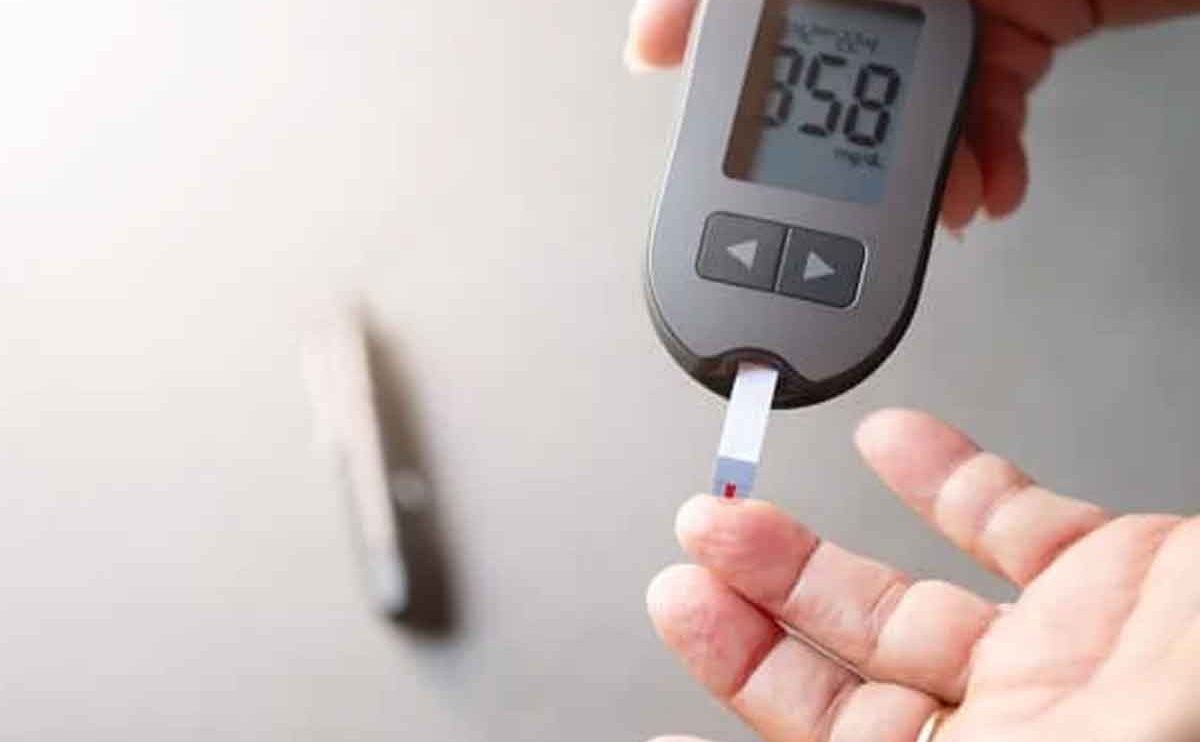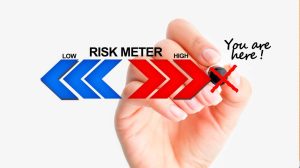High blood sugar or hyperglycemia is a condition where the level of sugar or glucose in the blood rises. High blood sugar levels can be dangerous to health, especially in diabetics. Therefore, you need to recognize any symptoms of high blood sugar early on.
Anyone can experience high blood sugar, even in people who do not suffer from diabetes. This condition can occur in people who have certain health problems, such as metabolic disorders, hormonal disorders, heart attacks, severe infections, severe stress, pancreatic damage, or stroke.
In people with diabetes, high blood sugar levels can be caused by not getting diabetes treatment, such as insulin injections, or other factors, such as stress, infection, lack of exercise, and consuming too much sugar or carbohydrates.
Symptoms of High Blood Sugar
High blood sugar or hyperglycemia may not cause any symptoms. Generally, people with high blood sugar only show certain symptoms after this condition has lasted long enough or caused certain complications, such as nerve or kidney damage.
However, sometimes high blood sugar can also cause certain symptoms in some people. Here are some symptoms of high blood sugar that are important for you to recognize:
- Often hungry and increased appetite, but weight loss
- Often feel thirsty
- Dry mouth
- Frequent urination, especially at night
- Itchy and dry skin
- Drowsy and tired easily
- Visual disturbances, such as blurred vision
- Headache
- Hard to concentrate
- Tingling
- Nausea and stomach pain
- Easily affected by infections, such as skin infections, thrush, and bladder infections.
The above symptoms can worsen if not treated immediately. Some sufferers of high blood sugar can experience additional symptoms such as dehydration, dizziness when standing, shortness of breath, and even unconsciousness.
For that, immediately consult a doctor if you feel the symptoms above, especially if you have a history of diabetes.
How to Prevent High Blood Sugar
To prevent high blood sugar and to control blood sugar so that it is more stable, you need to apply some of the following healthy lifestyle patterns:
1. Change the eating pattern to be healthier
As much as possible, try to limit foods and drinks that are high in carbohydrates, sugar, and artificial sweeteners. Because these foods can increase blood sugar levels quickly.
To be healthier, consume foods with a low glycemic index (GI) to prevent blood sugar levels from rising and keep blood sugar levels stable. This is because these types of food do not cause blood sugar to rise drastically in a quick time.
To be healthier and better at controlling blood sugar levels, choose healthy foods that are rich in fiber and protein, such as fruit, vegetables, fish, nuts, whole wheat, and grains. The various healthy foods generally also have a low glycemic index.
2. Exercising regularly
In addition to paying attention to diet, regular exercise also plays a role in helping lower blood sugar levels. Muscles that contract during exercise will stimulate cells in the body to use insulin to use glucose as energy.
That way, blood sugar can be better controlled. Some of the sports you can do include walking, running, swimming, cycling, or lifting weights.
3. Manage stress
Stress can have an impact on increasing blood sugar. When you experience stress, both physical and psychological stress, your body will release hormones that can increase blood sugar levels, namely the hormones cortisol, and glucagon.
Uncontrolled stress in the long term can cause an increase in blood sugar that is difficult to control and worsen the body’s condition.
To prevent and control high blood sugar, you are advised to manage stress as best as possible, for example by getting enough rest, relaxing with meditation or yoga, or following counseling.
4. Increase the consumption of white water

Not only is it important to prevent dehydration, but sufficient water intake can also help the kidneys remove more sugar from the blood through urine. In addition, white water also does not contain sugar, carbohydrates, and calories, so it does not make blood sugar rise.
Drinking enough water can also make you feel full for longer, so your appetite will be more controlled. Thus, the urge to snack or overeat can be reduced.
If you are tired of plain water, you can try healthy drinks, such as infused water, fresh fruit and vegetable juices without sugar, or low-sugar electrolyte drinks. To be healthier, it is best to avoid the consumption of drinks that contain alcohol and drinks that have a lot of added sugar, such as soda.
Blood sugar levels are important to always keep normal. If high blood sugar levels are left for too long, this can increase the risk of serious complications, such as kidney damage, nerve damage, and diabetic ketoacidosis.
You are also advised to routinely do medical check-ups and blood tests to find out the level of gular in the blood, especially if you suffer from diabetes. If you experience symptoms of high blood sugar, see a doctor immediately.












Add Comment